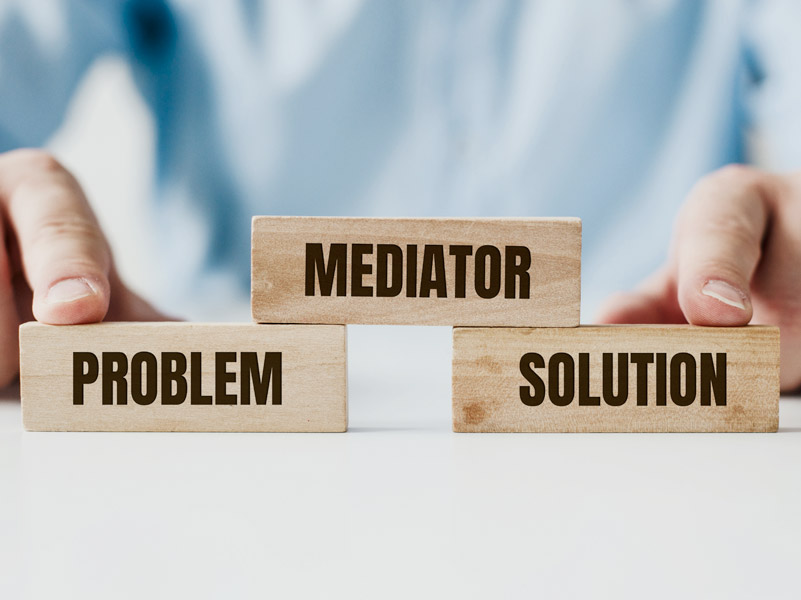In a world where interpersonal conflicts are inevitable, the art of mediation emerges as a powerful and transformative force, offering a distinct advantage in the realm of conflict resolution. Mediation, often hailed as the key to successful dispute settlement, operates on the premise of impartiality, open communication, and a collaborative approach to problem-solving. Unlike traditional adversarial methods, where parties often find themselves embroiled in protracted legal battles, mediation seeks a middle ground that fosters understanding and mutual agreement. The mediator, a neutral and skilled facilitator, plays a pivotal role in guiding the disputing parties through a structured dialogue aimed at uncovering the underlying issues and facilitating the exploration of viable solutions. One of the primary advantages of mediation lies in its ability to preserve relationships. Unlike courtroom battles that often leave parties emotionally and financially drained, mediation fosters an environment conducive to open communication and empathy.

The mediator acts as a bridge, encouraging parties to express their concerns, fears, and aspirations in a safe and controlled setting. This emotional catharsis not only helps in building understanding but also paves the way for the restoration of relationships that may have otherwise been irreparably damaged. The focus on collaboration instead of confrontation allows individuals to transcend their differences and find common ground, thereby preserving valuable connections in personal and professional spheres. Moreover, the mediation process is inherently flexible, adapting to the unique dynamics of each dispute. Traditional litigation is bound by rigid legal procedures, often leading to decisions that may not fully address the nuanced complexities of a conflict. Mediation, on the other hand, empowers parties to shape their own solutions, tailoring outcomes to meet their specific needs and interests. This flexibility not only expedites the resolution process but also ensures that the resulting agreements are more sustainable and satisfactory to all involved.
Additionally, the cost-effectiveness of mediation sets it apart as a pragmatic and efficient conflict resolution tool. The protracted nature of legal battles can impose a substantial financial burden on parties, making the pursuit of justice a costly endeavor. Mediation offers a more economical alternative, with fewer procedural formalities and significantly reduced legal fees. The expedited nature of mediation not only saves time but also minimizes the overall financial strain, making it an attractive option for individuals, businesses, and organizations seeking a swift and affordable resolution to their disputes. In conclusion, the mediation advantage in conflict resolution lies in its ability to preserve relationships, its flexibility in addressing unique disputes, and its cost-effectiveness in Professional Mediation Services in Little Rock Arkansas. As society evolves, embracing more collaborative and compassionate approaches to dispute resolution becomes paramount. Mediation stands as a beacon of hope in a world where conflicts abound, offering a pathway to resolution that is not only effective but also transformative, fostering understanding and harmony where discord once reigned.
